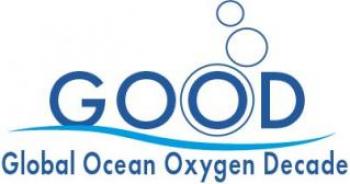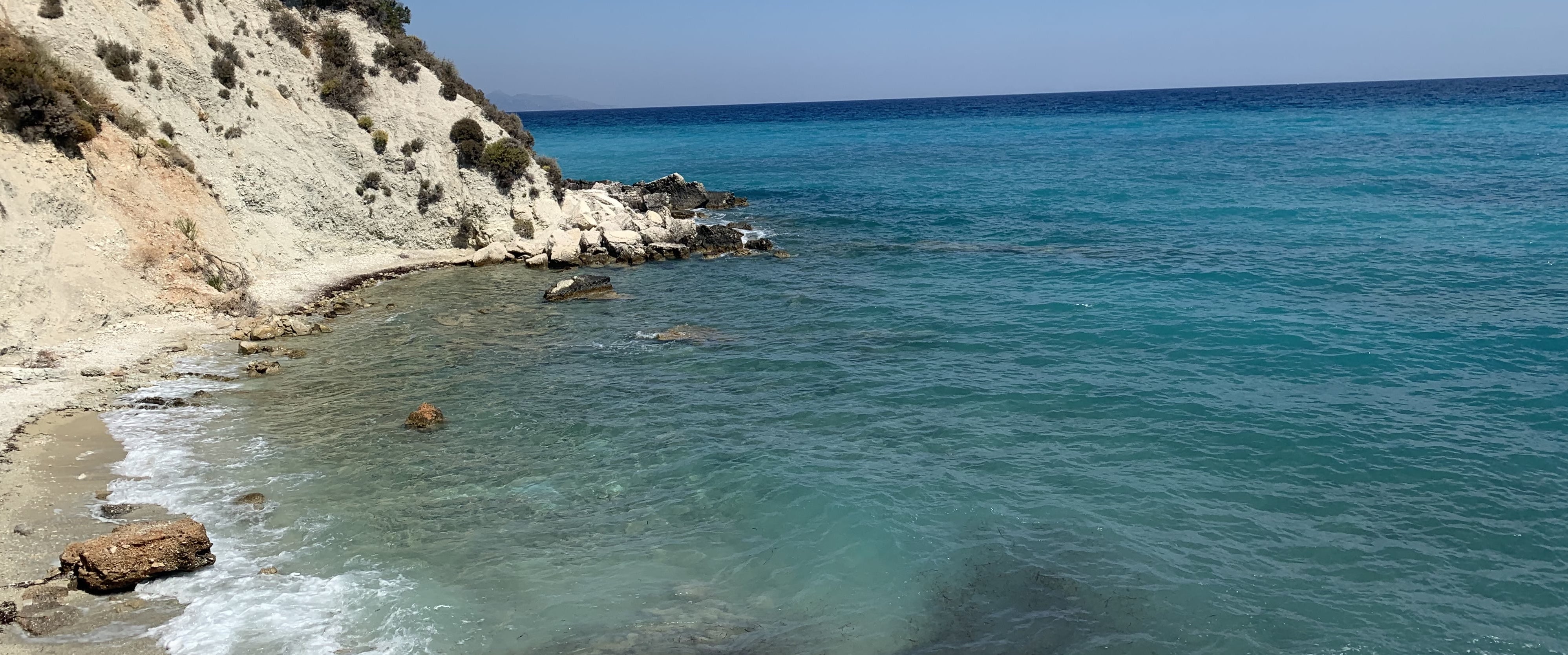Breadcrumb

The Global Ocean Oxygen Decade (GOOD) is an endorsed programme of the United Nations Decade of Ocean Science for Sustainable Development (2021-2030) led by the Global Ocean Oxygen Network of IOC-UNESCO.GOOD will raise global awareness about ocean deoxygenation, provide knowledge for action and develop mitigation and adaptation strategies and solutions to ensure continued provision of ecosystem services, and minimize impacts on the ocean economy through local, regional, and global efforts, including transdisciplinary research, innovative outreach, and ocean education and literacy.
Outcomes and activities until 2030:
1. Deoxygenation and ocean life: identifying and understanding threats to improve mitigation and adaptation strategies.
- deoxygenation effects on life at the individual/species, population, community and ecosystem level;
- manifestation and consequences of sublethal effects;
- effects of natural oxygen variability on tolerances and thresholds for low oxygen conditions;
- interactions of deoxygenation with ocean warming, acidification and changes in food supply;
- opportunities that may arise for mitigation and adaptation.
2. Deoxygenation, water quality and the climate system: Understanding processes and feedbacks and developing actionable indicators.
- deoxygenation impacts on marine chemical budgets, including nutrients, pollutants, the production of greenhouse gases and toxic volatiles;
- effects on marine carbon sequestration via impacts on the respiration and burial of organic carbon;
- a comprehensive understanding of the underlying redox-sensitive processes and feedbacks;
- the development of robust and actionable indicators for safe-operating spaces, monitoring and risk management.
3. Deoxygenation and ecosystem services: Assessing and valuing the impact of deoxygenation.
- Case studies and workshops
- to identify and quantify impacts of oxygen loss on ocean services that include provisioning (fisheries, aquaculture), regulating (climate), supporting (nutrient cycling, water quality, biodiversity, tourism opportunities), and cultural/spiritual elements.
4. Deoxygenation and co-stressors: Understanding, monitoring and mitigating deoxygenation in a multiple stressors context.
- developing a sound understanding of how locally and globally forced multiple stressors affect physical, chemical, physiological and ecological mechanisms at multiple scales;
- designing and testing effective monitoring and accurate modeling schemes
- evaluate the performance of mitigation and adaptation actions (in terms of possible responses, resilience, tipping points, risks);
- account for economic and social aspects to support management decisions.
5. Economic and societal consequences of deoxygenation.
- determine the potential loss in economic value due to deoxygenation,
- evaluate potential changes in gross revenue and direct and indirect operating costs using benefit-cost analysis methods, institutional and market analysis.
- Estimate potential economic and social impacts of declining ocean oxygen via the potential losses and gains in total revenues, profit, wages, number of jobs and impact throughout the wider economy for fisheries, aquaculture and associated sectors under different scenarios.
6. Deoxygenation: Understanding causes, attributing changes and developing mitigation approaches.
- quantitative understanding of drivers of oxygen changes;
- reliable attribution of causes and impacts;
- development of models capable of reproducing seasonal, interannual to decennial variations in marine oxygen;
- reconstruction of paleo-oxygen changes at decadal, centennial and longer time scales to understand the natural baseline and long-term causes;
- developing efficient mitigation approaches.
7. Mapping and Modelling oxygen.
- data from new robotic platforms like Argo floats and gliders equipped with oxygen sensors; high-performance computing infrastructures;
- take benefit from the Artificial Intelligence revolution combined with mechanistic modelling to generate enhanced mapping and prediction of ocean oxygen on coastal, regional and global scales.
- key outcome: Global Ocean Oxygen Atlas (GO2AT) aligned with the FAIR principles and Best Practices gathering oxygen data with a transparent and consistent quality flagging and offering oxygen gridded products, including a business plan focusing on economic values of the oxygen data platform products.
8. Capacity building and ocean literacy.
- capacity building in communities that rely on ocean services affected by deoxygenation, including a number of developing nations,
- adopting World View Citizen consultations
- establishing stakeholder co-design approaches.
Focus areas 2022-2023
During the first two years of activity, GOOD aims to achieve the following goals:
- Deoxygenation and ocean life, understanding causes, attributing changes: identifying and understanding threats to improve mitigation and adaptation strategies.
- Mapping and modelling oxygen: fully exploit data of new platforms with oxygen sensors and develop a Global Ocean Oxygen Atlas (GO2AT) to enhance monitoring and prediction capacities of ocean oxygen on coastal, regional and global scales.
- Deoxygenation and co-stressors: understanding, monitoring and mitigating deoxygenation in a multiple stressors context.
- Deoxygenation and ecosystem services: assessing and valuing the impact of deoxygenation and investigating the societal consequences of deoxygenation.
Partners
The GEOMAR Helmholtz Centre for Ocean Research Kiel, on behalf of the Global Ocean Oxygen Network (GO2NE) is GOOD’s lead institution.
Partners include:
- OARS (Ocean Acidification Research for Sustainability)
- IUCN (International Union for Conservation of Nature)
- IOCCP (International Ocean Carbon Coordination Project)
- Coastal-SOS (Coastal Support Ocean Sustainability)
- COASTPredict
- GOOS (Global Ocean Observing System)
- Ocean Practices for the Decade
- GOA-ON (Global Ocean Acidification Observing Network)
- DITTO (Digital Twins of the Ocean)
- CE2COAST
- JETZON (Joint Exploration of the Twilight Zone Ocean Network)
- DOSI (Deep-Ocean Stewardship Initiative)
- Dissolved Oxygen Scientific Expertise Consortium (CES)
GOOD activities
GOOD hosts the following projects that will contribute to achieving its goals:
Projects
Resources
Contacts
GOOD focal point: Andreas Oschlies (aoschlies@geomar.de)
Marilaure Gregoire (mgregoire@uliege.be)
Kirsten Isensee (k.isensee@unesco.org)
Ocean Decade website: oceandecade.org
